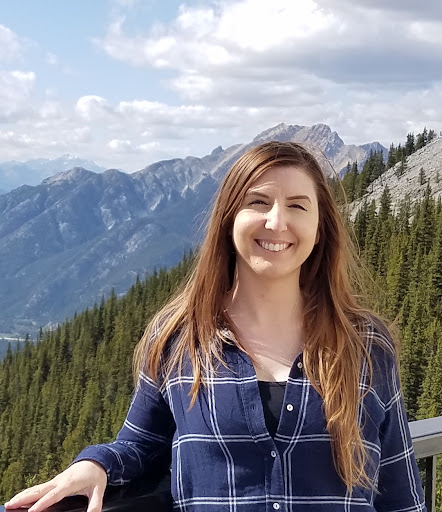65 years of Nuclear Astrophysics Enters the Multi-Messenger Era
Jess McIver
Link to join remotely - look for today's date. The live stream will start at 4:00pm.
Abstract: This year marks 65 years since Burbidge, Burbidge, Fowler, and Hoyle (B2FH) charted the initial roadmap for nuclear astrophysics. This seminal work recognized that explaining the origins of the heavy elements such as lead, gold, and uranium requires at least two types of neutron capture nucleosynthesis processes with each having distinct astrophysical sites. At the time of B2FH the rapid neutron capture process (r-process) showed itself to be related to explosive astrophysical events largely via the signature of exotic, neutron-rich nuclei in the Solar abundances.
Fast forward to today and we have now seen heavy element formation in the act via the impact of lanthanide elements on the observed light curve from the GW170817 merger of two neutron stars. Therefore, nowadays nucleosynthesis studies have several distinct types of observational information to assimilate, presenting the opportunity to make big leaps in our understanding of r-process sites. However, this requires careful consideration of the nuclear physics uncertainties associated with the vastly uncharted territory of neutron-rich nuclei.
In this colloquium I will discuss how nuclear physics will play a central role in addressing the question of heavy element origins over the next decade, with world-wide campaigns fixing their aim at new measurements and new theoretical calculations of the properties of still unprobed nuclear species. The timeliness and importance of such work is demonstrated through theoretical r-process studies which synergize efforts across multiple disciplines when seeking to decipher observables. Additionally, the use of statistical methods will be demonstrated to be a unique future direction for nucleosynthesis studies to infer nuclear properties from observation. Since nucleosynthesis outcomes encode the interplay between nuclear physics and astrophysics, such studies present valuable opportunities for theory, experiment, and observation to inform one another and drive progress in each area.
Bio:

Dr. Nicole Vassh received her Bachelors in Physics with a minor in Philosophy from the University of Wisconsin-Parkside, followed by a PhD in theoretical neutrino physics under Prof. Baha Balantekin at the University of Wisconsin-Madison, where her thesis focused on the effects of neutrino magnetic moment in low-energy experiments and astrophysics. She then went on to a postdoc working on r-process nucleosynthesis with Prof. Rebecca Surman at the University of Notre Dame, where her research included investigations of the role of fission in astrophysical events as well as the application of statistical methods to nucleosynthesis observables. She joined the Canadian physics community one year ago in 2021 with a research staff position in the Theory Department at TRIUMF.